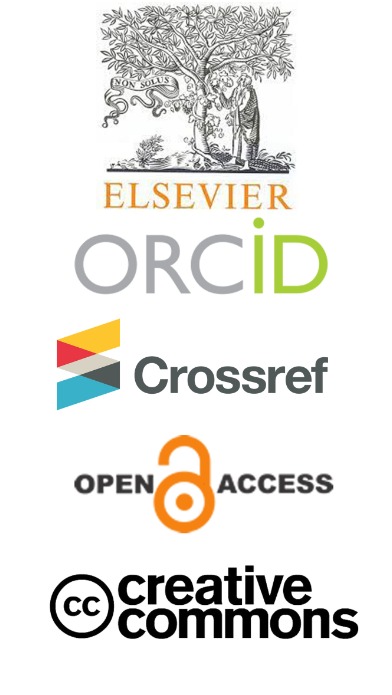Evaluation of analytical forecasting methods developed for vehicle occupancy and level of service assessment. The case study of Moscow
Abstract
Having transport quality standards is the first step in improving the quality of transport services; the next step is the implementation and enforcement of these standards. This article raises the issue of improving the quality of passenger transport services based on forecasting and monitoring vehicle occupancy and managing the transport process according to the forecasting results. The condition for obtaining the forecast data is the use of automated passenger counting systems. The article shows the results of the application of vehicle occupancy forecasting methods on Moscow trunk routes. It is shown that the situation of passenger flow dynamics differs each time for each route, which requires different analytical forecasting methods. Passenger flow control, based on the established standards, will prevent overloading of buses, thus improving the quality of transport service on urban routes.



